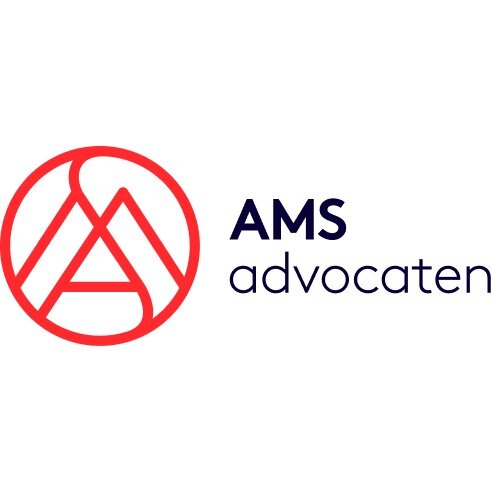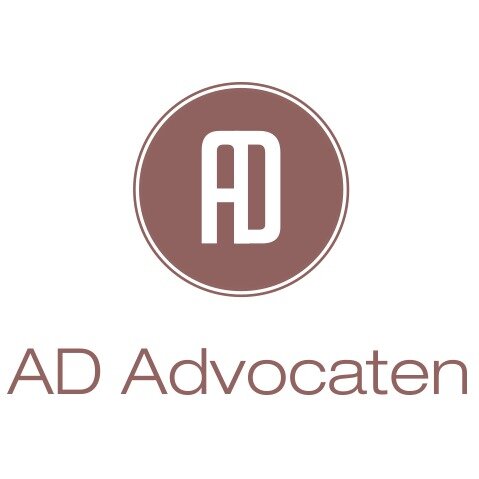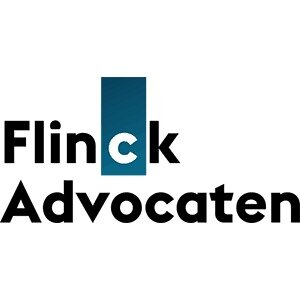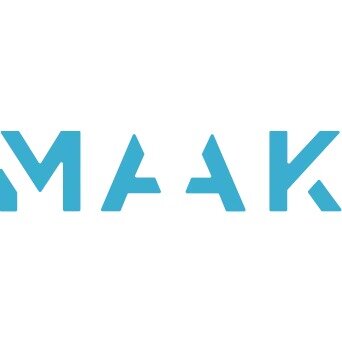Best Renewable & Alternative Energy Lawyers in Amsterdam
Share your needs with us, get contacted by law firms.
Free. Takes 2 min.
List of the best lawyers in Amsterdam, Netherlands
About Renewable & Alternative Energy Law in Amsterdam, Netherlands
Renewable and alternative energy law in Amsterdam, Netherlands covers the legal frameworks, regulations, and policies related to the development, use, and promotion of clean energy sources. This includes solar, wind, biomass, hydropower, and geothermal energy. The city of Amsterdam is a pioneer in sustainability initiatives, striving to reduce carbon emissions and promote circular economies. The Dutch government encourages investments in renewable energy through various subsidies, tax incentives, and regulatory support schemes. As a result, businesses and private individuals in Amsterdam are increasingly engaged in renewable energy projects, which can present complex legal challenges related to planning, compliance, licensing, and finance.
Why You May Need a Lawyer
Engaging in renewable and alternative energy projects often involves complex legal requirements. Here are common situations where legal assistance is helpful:
- Navigating permits and regulatory compliance for installing solar panels or wind turbines
- Negotiating contracts for purchasing, selling, or leasing renewable energy technologies
- Understanding financial incentives and government subsidies
- Handling disputes with energy suppliers, contractors, or grid operators
- Addressing environmental impact assessments and ensuring project approvals
- Advising on intellectual property issues relating to new technologies
- Assistance with integrating renewables into residential, commercial, or industrial developments
- Ensuring compliance with safety and zoning laws
A lawyer experienced in renewable and alternative energy can help you navigate these challenges, protect your interests, and ensure compliance with local and national regulations.
Local Laws Overview
Amsterdam operates within the broader Dutch legal system, guided by both national policies and EU directives on renewable energy. Key aspects of renewable and alternative energy law in Amsterdam include:
- National subsidies and tax incentives for renewables, including the SDE++ subsidy for sustainable energy production
- Mandatory permits and environmental assessments for larger projects
- Local zoning requirements that govern the installation of wind turbines and solar panels
- Obligations under the Dutch Climate Agreement (“Klimaatakkoord”) to reduce greenhouse gas emissions
- Requirements for connecting renewable energy systems to the national electricity grid
- Provisions for community energy initiatives, allowing groups to produce and consume their own renewable energy
- Sustainability conditions attached to new building permits and renovations
- European Union Renewable Energy Directive compliance
These laws impact everything from individual solar panel installations to large-scale wind farms, making it crucial to stay informed and compliant.
Frequently Asked Questions
What types of renewable energy can I use in Amsterdam?
Common sources include solar panels, wind turbines, geothermal heat pumps, biomass systems, and hydropower. City policies generally support integrating these into both private and commercial properties.
Do I need a permit to install solar panels or a wind turbine?
In many cases, small solar panel installations do not require a permit, but larger systems, installations on historic buildings, and wind turbines often do. Always check with the local municipality before starting.
Are there subsidies or financial incentives for renewable energy?
Yes, the Dutch government offers various subsidies such as SDE++ and tax deductions for the development and use of renewable energy in both residential and commercial settings.
What are the zoning requirements for renewables in Amsterdam?
Zoning regulations can affect where and how renewable energy systems may be installed. Restrictions apply to historical buildings, protected city areas, and certain residential neighborhoods.
How do I connect my solar or wind system to the grid?
Connecting to the public electricity grid requires coordination with the grid operator (usually Liander in Amsterdam) and compliance with technical and safety standards.
Can I sell excess energy I produce?
Yes, in most cases you can sell surplus energy back to the grid under the net metering scheme, though regulations and compensation rates are subject to change.
What legal responsibilities do I have as a business using renewable energy?
Businesses must comply with environmental laws, building codes, and safety standards. Certain projects may require environmental impact assessments or ongoing monitoring.
Can homeowners associations restrict renewable energy projects?
Homeowners associations or building managers can set rules for communal properties, which may limit or require modifications to your renewable energy installation plans. Legal advice is recommended.
What should I include in contracts for renewable energy projects?
Contracts should clearly define the scope of work, timelines, costs, responsibilities, warranties, liability, dispute resolution mechanisms, and regulatory compliance obligations.
How can I resolve disputes regarding renewable energy projects?
Disputes with suppliers, contractors, neighbors, or authorities may be resolved through negotiation, mediation, or, if necessary, legal proceedings. Early legal guidance can help avoid escalation.
Additional Resources
For more information and support, consider contacting the following organizations and governmental bodies:
- The Netherlands Enterprise Agency (RVO) - resource for subsidies and regulations
- Municipality of Amsterdam - information about permits and local energy initiatives
- Netherlands Authority for Consumers and Markets (ACM) - oversight for energy markets
- Liander - regional grid operator handling connections and technical requirements
- Holland Solar and NWEA (Netherlands Wind Energy Association) - industry organizations
- Milieu Centraal - independent information about sustainable energy in the Netherlands
- Dutch Renewable Energy Association (NVDE) - advocacy and support for sector development
Next Steps
If you are considering a renewable or alternative energy project in Amsterdam or face legal questions about existing installations, start by gathering all relevant information about your property, planned project, and any correspondence with authorities. Review local regulations and available subsidies. Consulting a lawyer experienced in Dutch renewable energy law can help you clarify your rights and obligations, prepare applications or contracts, and resolve disputes efficiently. Consider seeking initial advice to assess the complexity of your case and to better understand the steps required for a successful and compliant renewable energy project.
Lawzana helps you find the best lawyers and law firms in Amsterdam through a curated and pre-screened list of qualified legal professionals. Our platform offers rankings and detailed profiles of attorneys and law firms, allowing you to compare based on practice areas, including Renewable & Alternative Energy, experience, and client feedback.
Each profile includes a description of the firm's areas of practice, client reviews, team members and partners, year of establishment, spoken languages, office locations, contact information, social media presence, and any published articles or resources. Most firms on our platform speak English and are experienced in both local and international legal matters.
Get a quote from top-rated law firms in Amsterdam, Netherlands — quickly, securely, and without unnecessary hassle.
Disclaimer:
The information provided on this page is for general informational purposes only and does not constitute legal advice. While we strive to ensure the accuracy and relevance of the content, legal information may change over time, and interpretations of the law can vary. You should always consult with a qualified legal professional for advice specific to your situation.
We disclaim all liability for actions taken or not taken based on the content of this page. If you believe any information is incorrect or outdated, please contact us, and we will review and update it where appropriate.












